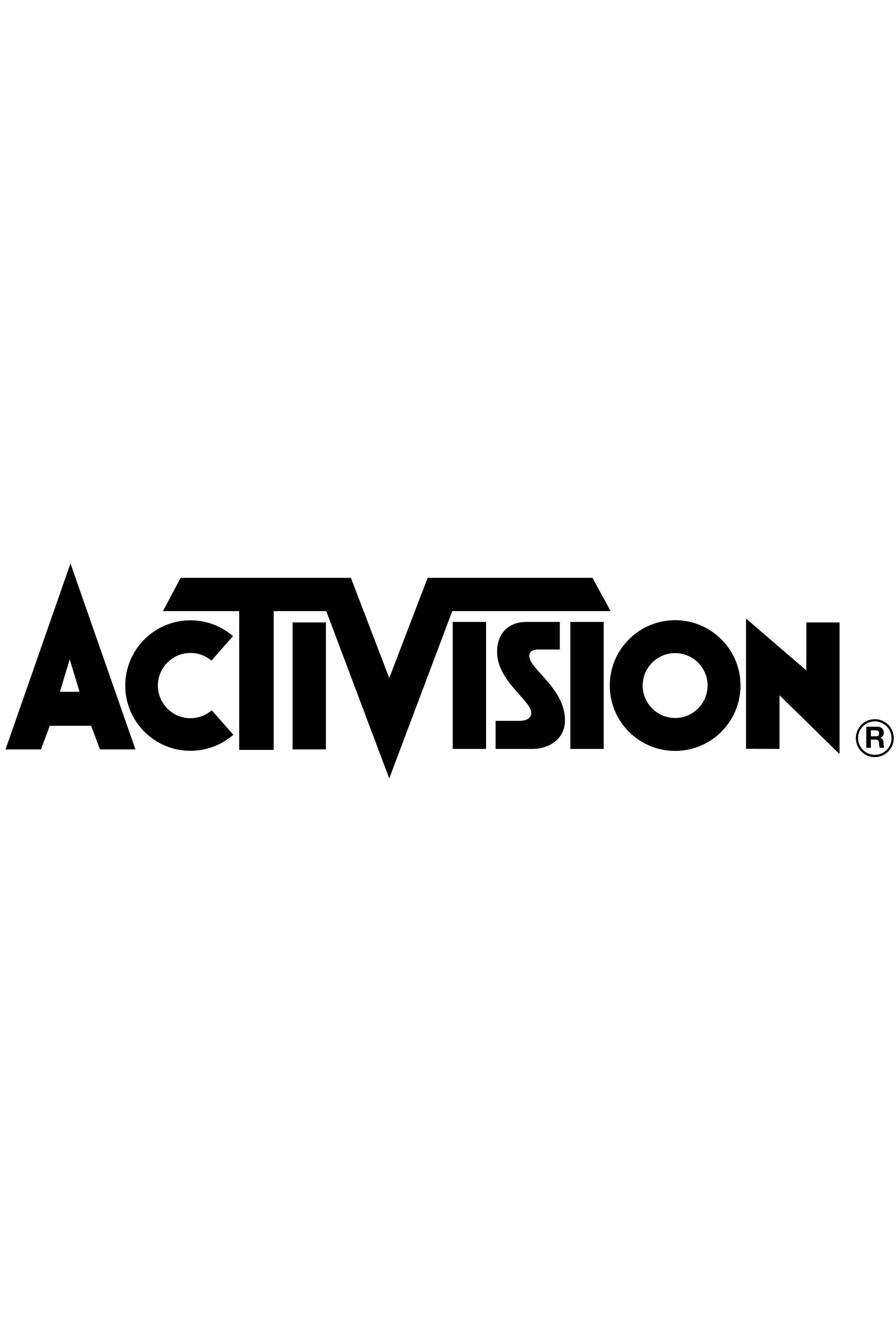
Big Video Game Addiction Lawsuits Dropped
Key Takeaways
- Lawsuits accusing video game companies of addiction face challenges like First Amendment protection and a statute of limitations.
- Currently, two of the 15 lawsuits associated with major companies like Activision have been dropped.
- Despite concerns over video game addiction, major companies may adapt to avoid potential legal repercussions.
Two of the fifteen lawsuits targeting major video game companies, which accused them of intentionally addicting players, were dismissed by the plaintiffs following a brief legal dispute. In recent years, concerns over “Internet Gaming Disorder,” or video game addiction, have surged among parents and healthcare professionals regarding its effects on players’ mental and physical health. Now, multiple plaintiffs from ten different districts are suing 26 major video game companies, including Activision, to hold them accountable for their game addiction. However, the outlook for claimants appears grim, as some cases have already been dropped.
The first lawsuit of this kind was filed in November 2023, when an Arkansas family sued several video game companies over video game addiction. The case argued that these companies used strategies like incentivizing extended playtime for progression and employing artificial intelligence to offer enticing in-game rewards to keep them engaged and hooked. However, as of now, no similar lawsuit has successfully held the defendants accountable.
A new wave of complaints against video game companies, including Activision Blizzard, Roblox, Microsoft, and Nintendo, began gaining attention this past June, sparking discussions about a potential centralized class action lawsuit, months before the industry saw the news of Nintendo’s lawsuit against Palworld’s developer. However, according to The Lawsuit Information Center, a few of these lawsuits were dropped after the defendants filed several motions to dismiss.
List of Companies Involved in the Video Game Addiction Lawsuit
- Epic Games, Inc.
- Roblox Corporation
- Activision Blizzard, Inc.
- Infinity Ward, Inc.
- Treyarch Corp.
- Sledgehammer Games, Inc.
- Raven Software Corporation
- War Drum Studios LLC d/b/a Grove Street Games
- Rockstar North Limited
- Rockstar Games, Inc.
- Take-Two Interactive Software, Inc.
- Sony Interactive Entertainment LLC
- Microsoft Corporation
- Nintendo of America, Inc.
- 2KGames Inc.
- Apple Inc.
- Another Axiom, Inc.
- Dell Inc. and Dell Technologies Inc.
- Electronic Arts Inc.
- Google LLC
- Innersloth LLC
- Meta Platforms, Inc.
- Mojang Studios
- Rec Room Inc.
- Ubisoft Divertissements, Inc. and Ubisoft Entertainment
- Visual Concepts Entertainment Studios
The attorneys requested the court dismiss the case for several reasons:
- Video games are creative works protected under the First Amendment.
- Section 230 of the Communication Decency Act shields service providers like Roblox, Microsoft, and Nintendo from liability for third-party content.
- The plaintiffs’ claims were invalid because the lawsuit was filed after the statute of limitations for liability and negligence, which is typically two to four years in most states, had expired.
When examining the lawsuits accusing major video game companies of deliberately manipulating their customers, it seems that plaintiffs will face significant challenges in proving the companies guilty. Defending video games, Thane Rosenbaum, a Distinguished Professor at Touro University, said, “Let’s not confuse video games with cigarettes; there’s no substance being added. The worst you can say about is that they don’t warn you that your kid might love [them] so much that you can’t get them down for dinner.”
Let’s not confuse video games with cigarettes; there’s no substance being added.
However, with the EU pledging to address video game addiction, it’s likely that major companies will become more cautious with their marketing strategies and gamification techniques designed to keep players engaged in the future. Early signs of such a shift in the industry were evident when Blizzard removed loot box mechanics from Overwatch 2, replacing the progression reward system with a Battle Pass model.




